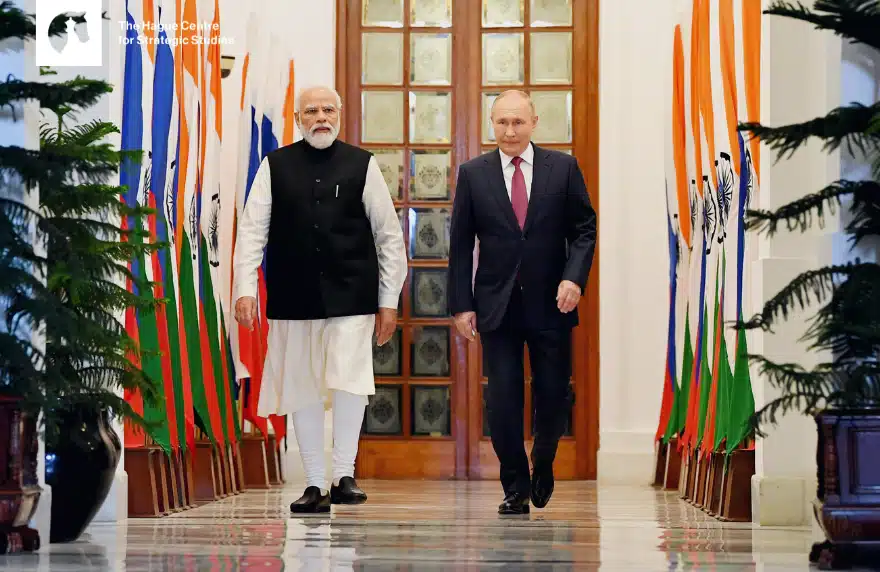Imperial overstretch. Kent u die term nog? In 1987 schreef historicus Paul Kennedy dat wereldmachten ten onder kunnen gaan als ze te veel hooi op hun vork nemen. Kennedy heeft niets aan actualiteit ingeboet. Kijk naar Trump.
Zijn zelfoverschatting kent geen grenzen en zijn ambities sporen niet met de middelen die hij tot zijn beschikking heeft. Dit, in combinatie met de opkomst van China, kan Amerika nekken. Precies zoals Kennedy beschreef.
In het Witte Huis is het een komen en gaan van topfunctionarissen die plaatsmaken voor ideologische hardliners als veiligheidsadviseur Bolton en minister van buitenlandse zaken Pompeo, die weinig oog hebben voor de haalbaarheid van beleid. Dit doet sterk denken aan de tijd van president George W. Bush. Opgejut door neoconservatieve adviseurs als Wolfowitz startte hij na de aanslagen van 11 september 2001 een interventie in Afghanistan om vervolgens de strijd te verplaatsen naar Irak om daar Saddam Hoessein uit het zadel te wippen.
Achter die interventies zat de overtuiging van het morele gelijk van Amerika en het idee van onoverwinnelijkheid. Het bleek een faliekante misvatting. Als Bush alle aandacht op Afghanistan had gericht, dan had hij een kans gehad. Maar door verschuiving van de aandacht naar Irak zitten we anno 2018 nog steeds met een puinhoop in beide landen. Het machtige Amerika kon niet winnen van de middeleeuwse Taliban, en het ontwrichtte Irak voor lange tijd.
Terug bij af
Trump lijkt ziende blind te zijn en onmachtig te erkennen dat imperial overstretch inderdaad op de loer ligt. Dat dit zo is blijkt uit het feit dat hij veel losmaakt, maar vervolgens weinig voor elkaar krijgt.
Natuurlijk viel te verwachten dat Kim Jong-un een streep door het proces van toenadering met inbegrip van nucleaire ontwapening zou zetten als de Amerikaans-Koreaanse militaire oefeningen doorgang zouden vinden. In zijn ogen heeft Kim voldoende positieve stappen gezet. Hij mocht inderdaad een blijk van goede wil verwachten in de vorm van het schrappen van de door hem zo gehate jaarlijkse oefeningen. In Noord-Korea lijkt Trump nu terug bij af.
Natuurlijk viel te verwachten dat Rusland, China en de EU de Iran-deal overeind willen houden. Het bezoek van de Iraanse minister van buitenlandse zaken Zarif aan EU-buitenlandcoördinator Mogherini zal in het Witte Huis tandenknarsend zijn gevolgd en zal de trans-Atlantische relatie verder doen verzuren.
En natuurlijk viel te verwachten dat de verplaatsing van de Amerikaanse ambassade van Tel Aviv naar Jeruzalem tot rellen zou leiden. Zeker als die verhuizing een provocatie is door hem te laten samenvallen met de zeventigste verjaardag van Israël en daarmee met de herdenking van de Nakba, of het verdrijven van de Palestijnen uit hun huizen en van hun land, destijds.
Churchill wist al dat de prijs voor grootsheid, verantwoordelijkheid is. Verantwoordelijkheid betekent in de internationale politiek terughoudendheid en je tanden laten zien als het echt niet anders kan. Trumps beleid lijkt echter op het Wilde Westen: eerst schieten, dan praten.
Daardoor maakt Trump krachten los die hij niet onder controle kan houden. Paul Kennedy bewees al dat dit gedrag bijdraagt aan de ondergang van een grootmacht.
afbeelding: EU-buitenland-chef Federica Mogherini (l) en Javad Zarif (tweede van rechts) tijdens de ontmoeting in Brussel, afgelopen dinsdag. ‘Het bezoek zal in het Witte Huis tandenknarsend zijn gevolgd.’ © EPA
Lees wekelijks de column van Rob de Wijk in Trouw






